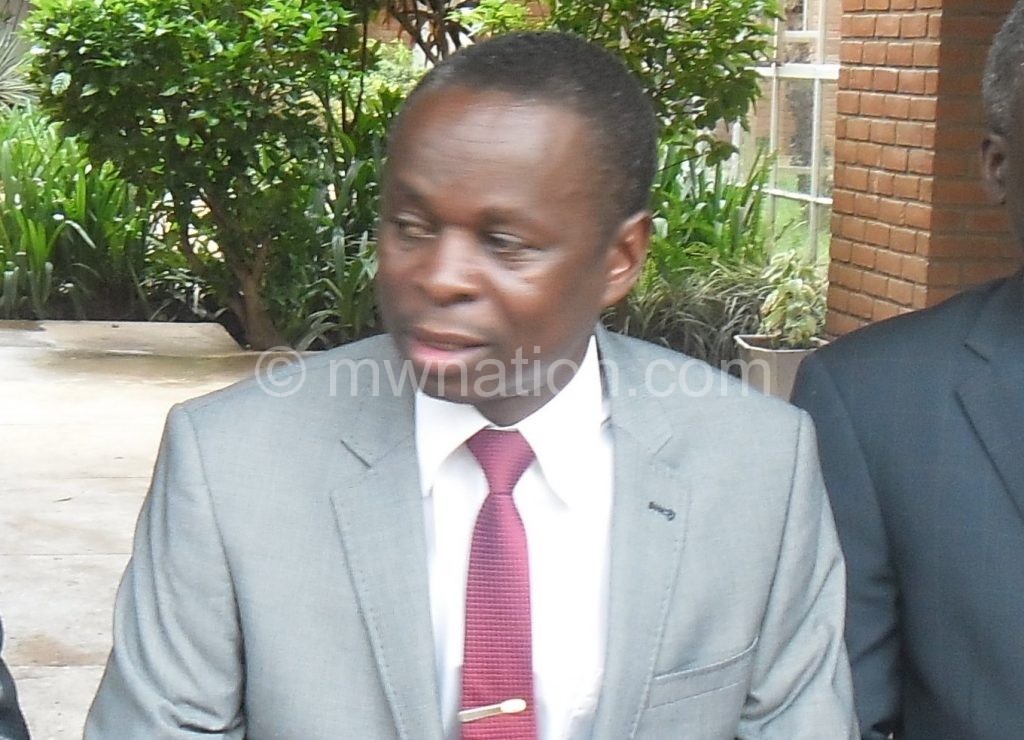Govt scholars stranded abroad
Students studying abroad under the Malawi Government Scholarship Fund (MGSF) are stranded following government’s failure to pay them monthly living allowances for four months, Weekend Nation has established.
“Most of us have run out of basic items and we are being forced to have one meal per day and this is negatively impacting on our studies as well as well-being.

“These rates are already not enough having been revised more than five years ago and do not match the current basic life in most countries where we are studying,” bemoaned one student who did not want to be identified for fear of reprisals.
In a letter, reference number HRP&D/FlN/l/VOL.3, to the Accountant General, secretary for Department of Human Resource Management and Development (DHRMD) Blessings Chilabade said that as a result of the delayed payments, the students were unable to pay for their accommodation, meals and incidentals.
“Some students have not been allowed to sit for end of semester examinations due to delayed tuition fees payments,” he said.
Chilabade also disclosed that other suppliers such as travel agencies and hotels had been following up their payments for air tickets and Covid-19 quarantine accommodation charges respectively.
There are currently 90 students from various ministries, departments and agencies under the MGSF programme, coordinated by DHRMD, and most of them are studying in South Africa, India, United Kingdom, China, Botswana, Kenya, Tanzania and Zambia. There are also other beneficiaries studying within the country.
According to figures we gathered, students studying within the country receive K60 000 as their monthly stipend while those studying across Africa and overseas get 7 500 South African rands (K405 000) and about $800 (about K600 000), respectively.
The package includes tuition fees, monthly living allowances, book allowance and return airfare. The monthly living allowance is paid through individual students’ banks accounts.
DHRMD spokesperson Kennie Ntonga pushed the blame to the Accountant General’s Department.
“From our side, the initial processing has always been done on time but technical hitches that have delayed actual paying out can better be explained by Accountant General as the responsible office,” he said.
Accountant General’s Department spokesperson Sungani Nyoni had not responded to our questionnaire when asked to explain the unfortunate episode.
According to communication Weekend Nation has seen from DHRMD, the challenges facing the students are as a result of the rolling out of the new Integrated Financial Management Information System (Ifmis) at the Accountant General’s Department.
In an e-mail communication dated October 5 2021, coordinator of training at DHRMD Ismail Mogra requested students from parastatals to seek help from their respective offices.
Titled ‘Delayed Payment of Allowances by Accountant General’s Department,’ he proposed that students from statutory bodies could consider requesting their offices to pay them living allowances for two months subject to refund by DHRMD.
Mogra advised the students that DHRMD would recover the funds from their monthly living allowances and refund the same to their respective offices.
His communication came two weeks after Chilabade also alerted the Accountant General about the challenges the students were facing due to delays to pay their monthly allowances.
He wrote: “You might wish to be appraised that there are currently close to 90 public servants who are pursuing various postgraduate degree programmes within the country and abroad under the MGSF sponsorship. These students were last paid their monthly living allowance in June 2021. They have not received their monthly living allowance from July 2021.”
In an interview, Centre for Social Accountability and Transparency executive director Willy Kambwandira said it was high time Ifmis-based excuses were resolved once and for all.
He said: “Our major concern is the persistent reference to Ifmis as a trouble maker rather an effective system of safeguarding public funds. The blame should rather go to the Ifmis administrators. They are failures and must be up to something. Government should stop blaming the Ifmis and get back to work.”





